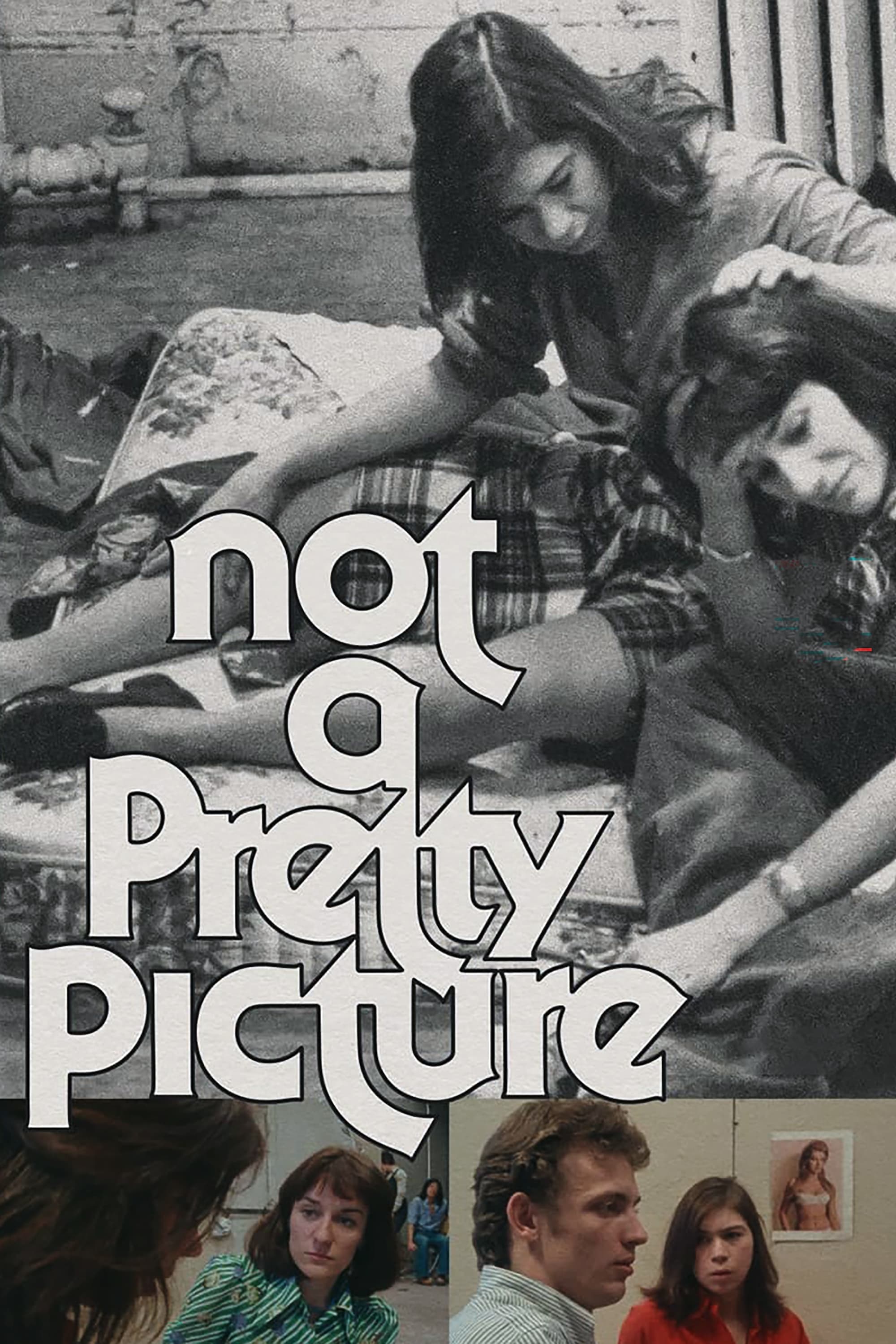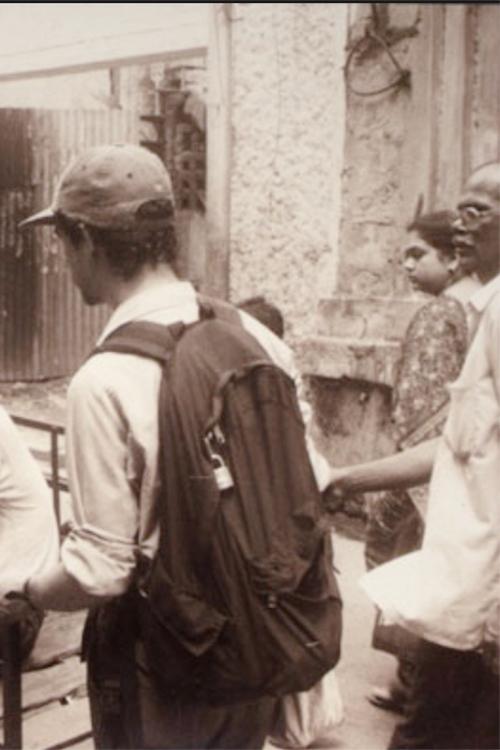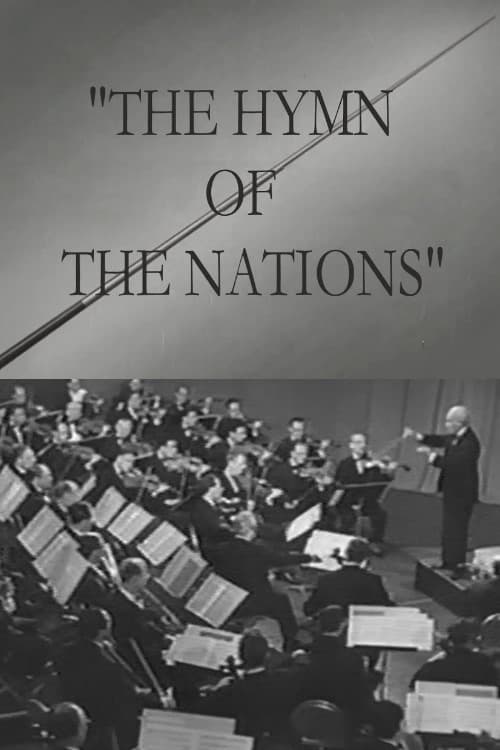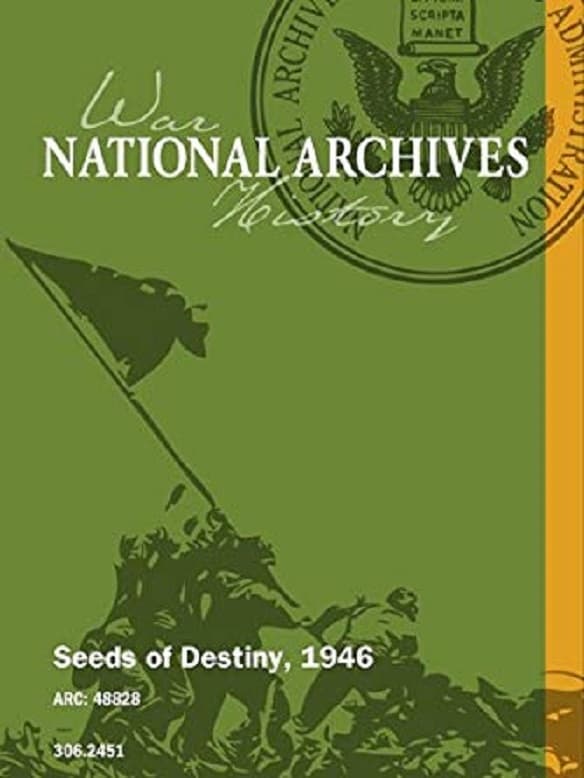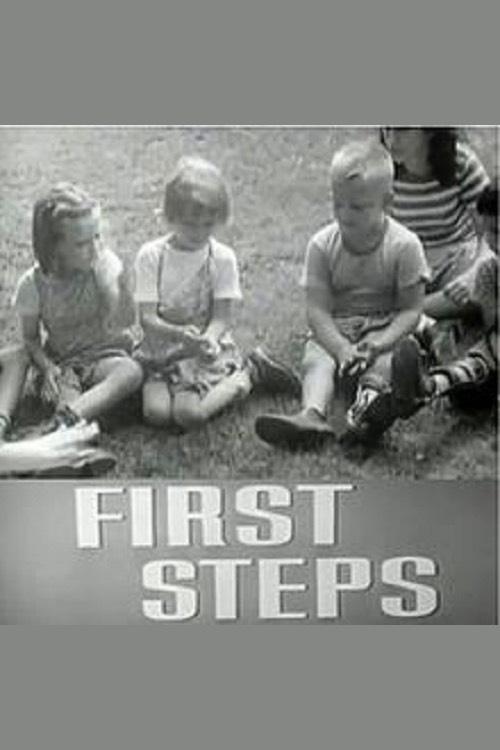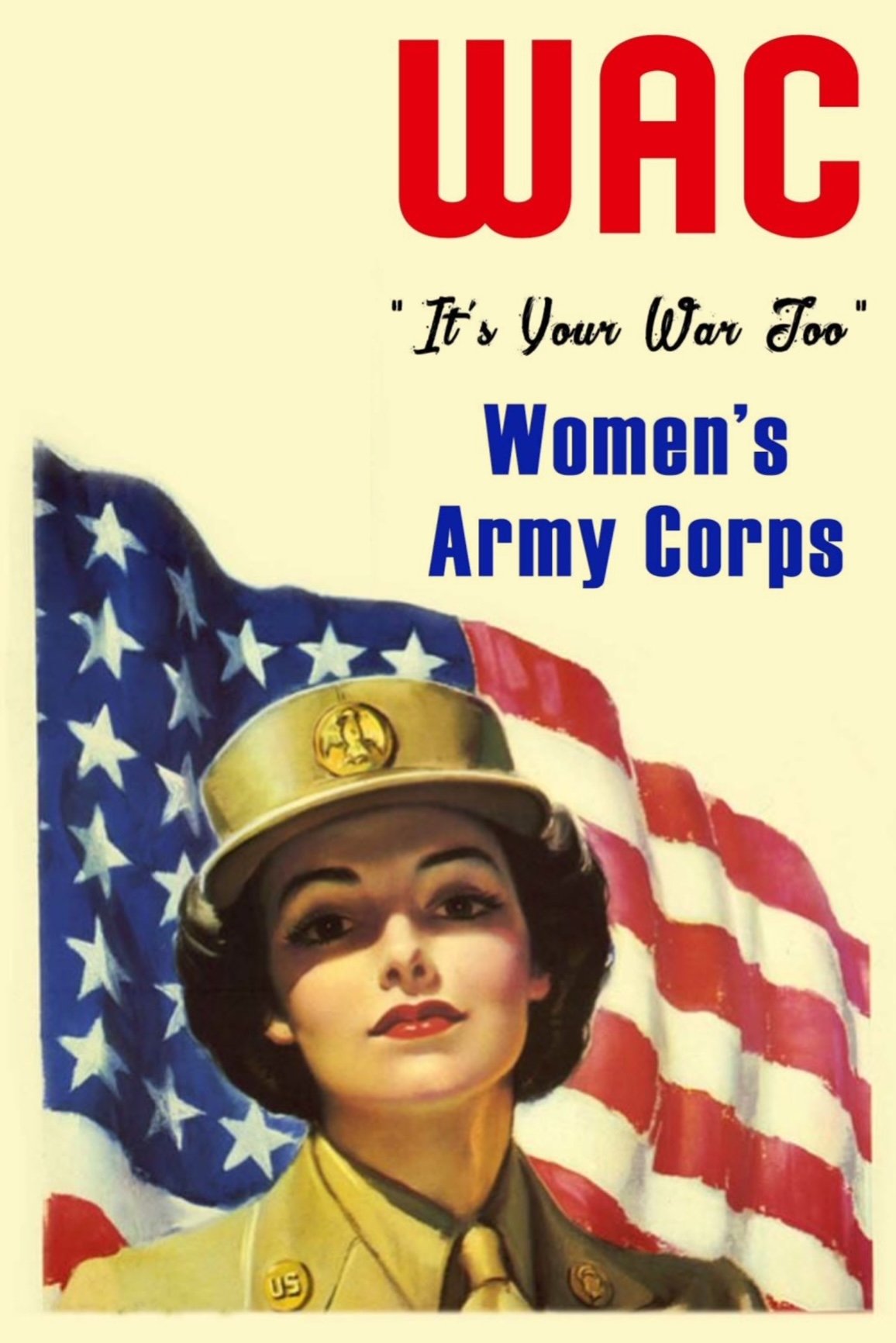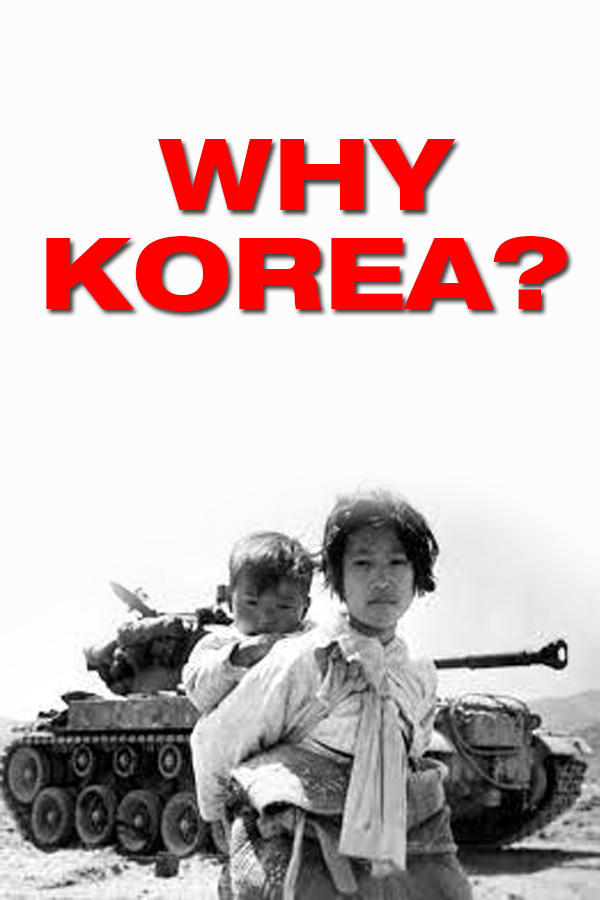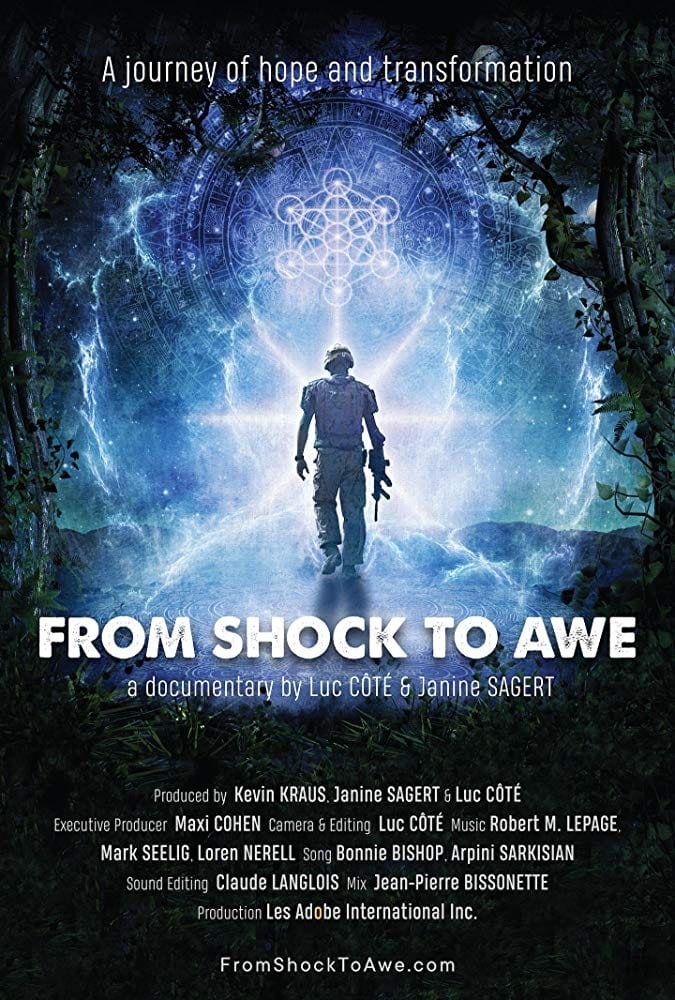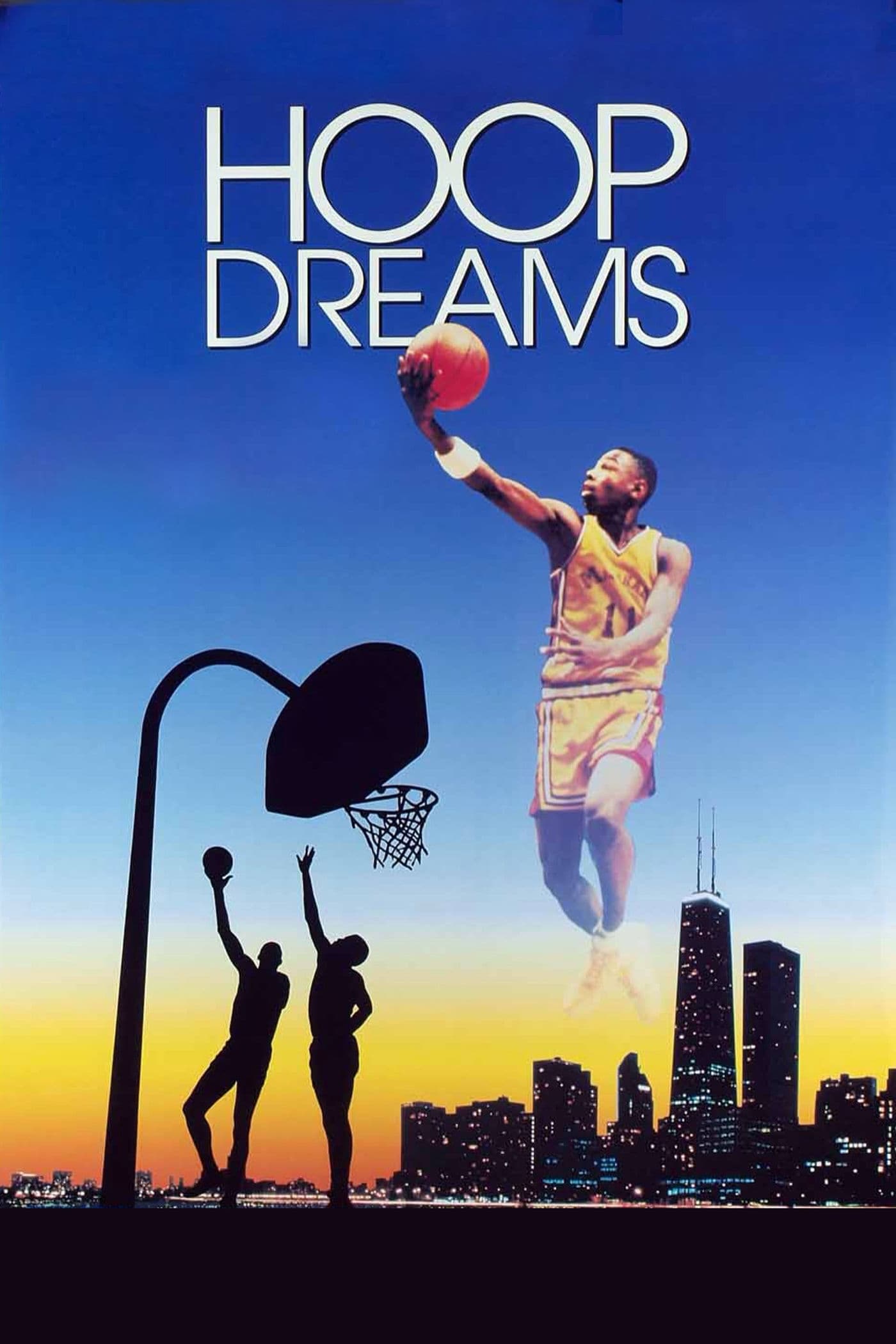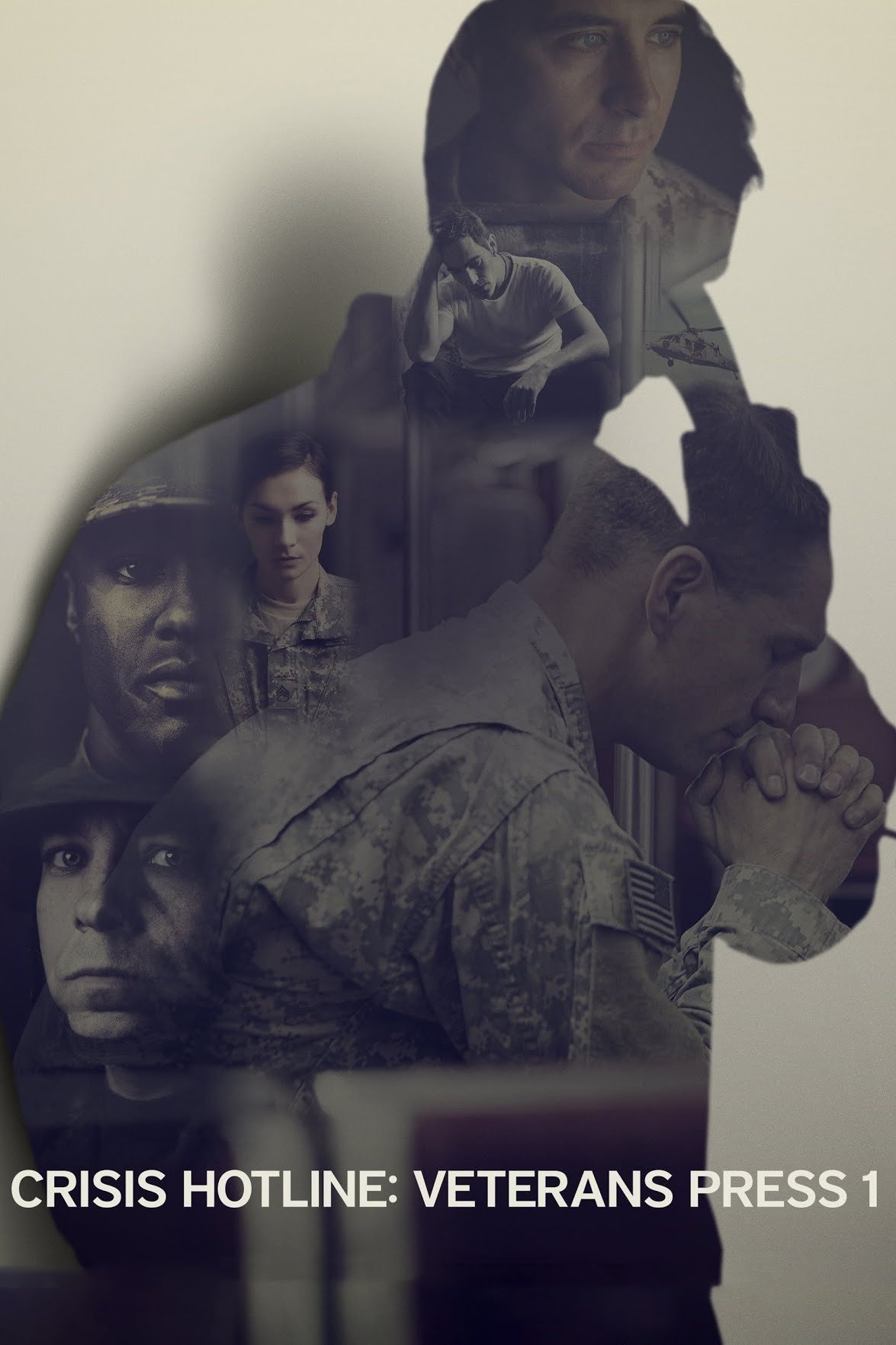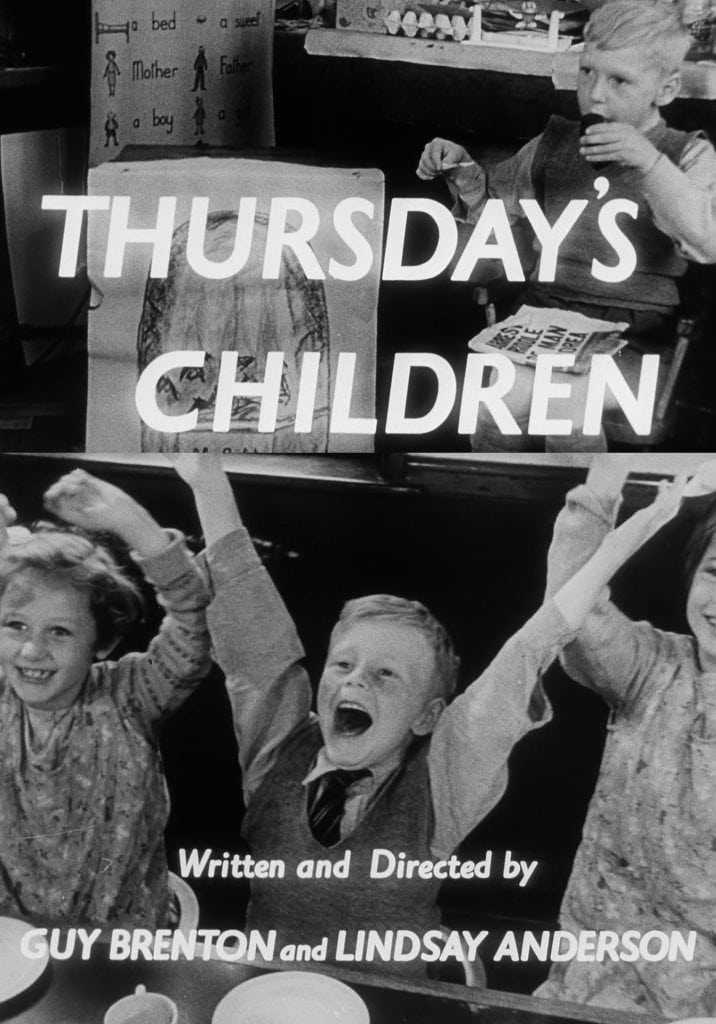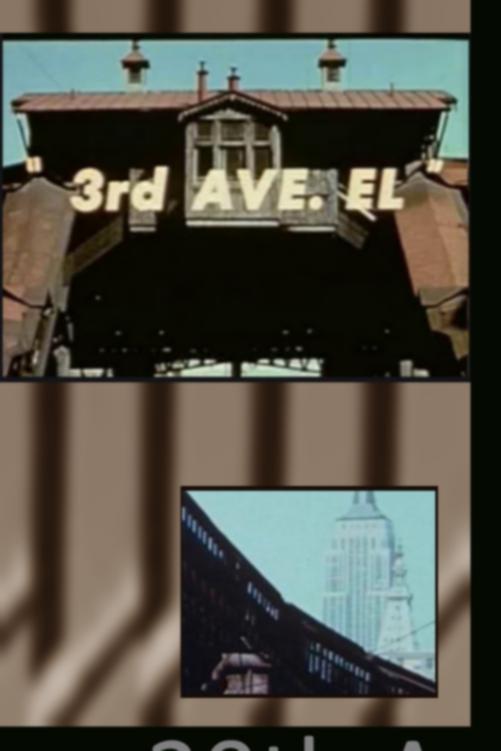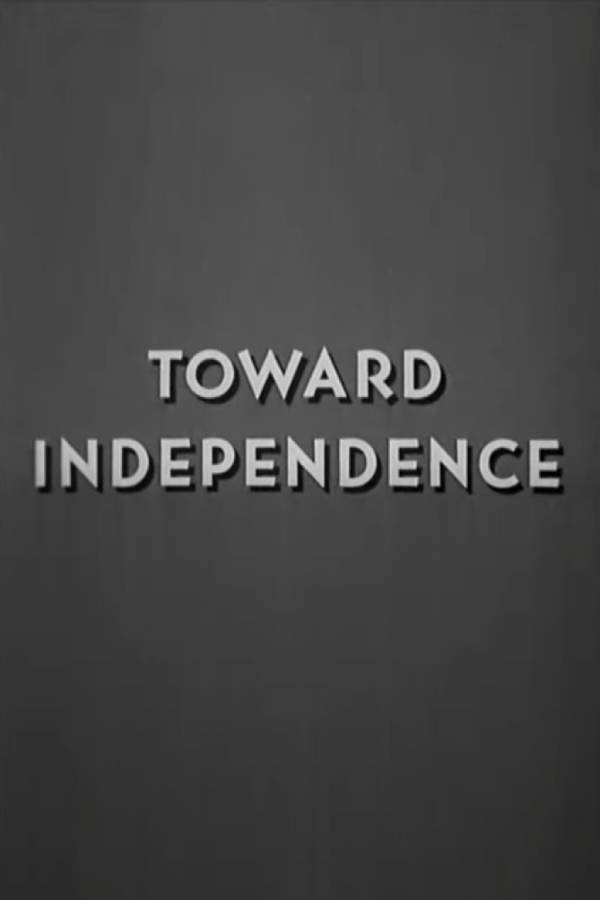
Toward Independence (1948)
Overview
Toward Independence is a 1948 American short documentary film about the rehabilitation of individuals with spinal cord injuries. Preserved by the Academy Film Archive in 2005.
Production Companies
Additional Info
| Budget | $0.00 |
|---|---|
| Revenue | $0.00 |
| Original Language | en |
| Popularity | 0.515 |
Directed By
George L. George
Crew
George L. George
TOP CAST
Similar Movies
Not a Pretty Picture
Mixing narrative and documentary, the film retells a 16 year old girl's experience of a date rape.
Appointment in Tokyo
Produced by the Army Pictorial Service, Signal Corps, with the cooperation of the Army Air Forces and the United States Navy, and released by Warner Bros. for the War Activities Committee shortly after the surrender of Japan. Follow General Douglas MacArthur and his men from their exile from the Philippines in early 1942, through the signing of the instrument of surrender on the USS Missouri on September 1, 1945. Preserved by the Academy Film Archive in 2013.
Primary
Primary is a documentary film about the primary elections between John F. Kennedy and Hubert Humphrey in 1960. Primary is the first documentary to use light equipment in order to follow their subjects in a more intimate filmmaking style. This unconventional way of filming created a new look for documentary films where the camera’s lens was right in the middle of what ever drama was occurring. Preserved by the Academy Film Archive in partnership with The Film Foundation in 1998.
Hymn of the Nations
Hymn of the Nations, originally titled Arturo Toscanini: Hymn of the Nations, is a 1944 film directed by Alexander Hammid, which features the "Inno delle nazioni," a patriotic work for tenor soloist, chorus, and orchestra, composed by Italian opera composer Giuseppe Verdi in the early 1860s. (For this musical work, Verdi utilized the national anthems of several European nations.) In December 1943, Arturo Toscanini filmed a performance of this music for inclusion in an Office of War Information documentary about the role of Italian-Americans in aiding the Allies during World War II. Toscanini added a bridge passage to include arrangements of "The Star-Spangled Banner" for the United States and "The Internationale" for the Soviet Union and the Italian partisans. Joining Toscanini in the filmed performance in NBC Studio 8-H, were tenor Jan Peerce, the Westminster Choir, and the NBC Symphony Orchestra. Preserved by the Academy Film Archive in 2010.
Seeds of Destiny
Oscar winning postwar propaganda film in support of the United Nations Relief and Rehabilitation Administration. Strident but poignant, focusing on children. The film surveys the Nazi/Japanese atrocities, post-war devastation and the early relief efforts. This film was responsible for raising over $200,000,000, making it a top moneymaking film. Preserved by the Academy Film Archive in 2005.
Brooklyn, U.S.A.
Brooklyn, U.S.A. is a 1947 English language short film directed by Arthur Cohen, starring Ted de Corsia. It was nominated for an Oscar in the category of Best Short Subject, One-Reel. Preserved by the Academy Film Archive.
First Steps
United Nations, 1947 - In this film one crippled child learns to walk: first to move, then to stand, and finally to take his first steps. The film deals with modern techniques of physiotherapy, and the need to develop the whole child - his emotions and his mind as well as his muscles - is stressed. Skilled adult workers offer not only massage and therapy, but also love and understanding, and occupational therapy for children and takes the form of both play and work. Movements learned become part of the daily jobs of feeding and dressing. Early attempts to walk are made with the help of apparatus. Finally the initially hesitant steps on his own are taken. As the film ends the boy walks. Preserved by the Academy Film Archive in 2005.
Prices Unlimited
Two young women, frustrated by war rationing, have a dream illustrating the likely results on prices in America should the measure were prematurely lifted. Preserved by the Academy Film Archive in 2008.
A Life, Complete
John Banvard and Jerry Nadeau are military veterans who served in World War II and Vietnam, respectively. John, 100, and Jerry, 72, sat down at the veterans home where they live to reflect on nearly 25 years together.
It's Your War Too
Documentary short film detailing the history of the American Women's Army Corps, the WACS. Preserved by the Academy Film Archive, Academy War Film Collection, in 2009.
Why Korea?
This film examines the reasons why the United States decided to engage in the Korean War. Scenes describe Russia's attempt to gain power following World War II (Korea included), and its refusal to allow free elections in the country. Footage shows Soviet-backed North Korean troops' movement into South Korea on June 25, 1950, the United Nations' response, and the armed struggle against both North Korean and later Chinese troops led by General Douglas MacArthur. Preserved by the Academy Film Archive in partnership with Twentieth Century Fox Film Corporation in 2005.
Hats Off to Hollywood
Picking up the story first presented in I Don’t Know (1970), Hats Off to Hollywood (1972) brazenly and brilliantly mixes documentary reality with fully staged recreations/reimaginings of episodes in the lives of Jennifer and Dana, a loving, bickering couple who challenge the notion of homonormativity. Drugs, poverty, disease, bigotry and prostitution all figure into this disarmingly candid and often hilarious film, a remarkable work that is the apotheosis of director Spheeris’ early work, and a luminous signpost leading directly to The Decline of Western Civilization (1979-1997). Preserved by the Academy Film Archive in 2012.
From Shock to Awe
How do we heal our deepest wounds? Two combat veterans, suffering from severe trauma, abandon pharmaceuticals in order to seek healing through psychedelic medicines. Recent scientific research has shown that these substances can help people to recover from post-traumatic stress disorder (PTSD). Beyond the personal stories, From Shock to Awe raises fundamental questions about war, the pharmaceutical industry, and the US legal system.
Hoop Dreams
Every school day, African-American teenagers William Gates and Arthur Agee travel 90 minutes each way from inner-city Chicago to St. Joseph High School in Westchester, Illinois, a predominately white suburban school well-known for the excellence of its basketball program. Gates and Agee dream of NBA stardom, and with the support of their close-knit families, they battle the social and physical obstacles that stand in their way. This acclaimed documentary was shot over the course of five years.
Why We Fight
Is American foreign policy dominated by the idea of military supremacy? Has the military become too important in American life? Jarecki's shrewd and intelligent polemic would seem to give an affirmative answer to each of these questions.
Crisis Hotline: Veterans Press 1
According to the U.S. Department of Veterans Affairs, one veteran dies by suicide in America every 80 minutes. While only 1% of Americans has served in the military, former service members account for 20% of all suicides in the U.S. Based in Canandaigua, NY and open 24 hours a day, 365 days a year, the Veterans Crisis Line receives more than 22,000 calls each month from veterans of all conflicts who are struggling or contemplating suicide. This timely documentary spotlights the traumas endured by America’s veterans, as seen through the work of the hotline’s trained responders. CRISIS HOTLINE captures extremely private moments, where the professionals, many of whom are themselves veterans or veterans’ spouses, can often interrupt the thoughts and plans of suicidal callers to steer them out of crisis.
Thursday's Children
Won the Academy Award for the Best Documentary Short of 1954. The subject deals with the children at The Royal School for the Deaf in Margate, Kent. The hearing-handicapped children are shown painstakingly learning what words are through exercises and games, practicing lip-reading and finally speech. Richard Burton's calm and sometimes-poetic narration adds to the heartwarming cheerfulness and courage of the children. Preserved by the Academy Film Archive in partnership with British Film Institute in 2005.
3rd Ave. El
Impressionistic picture of the Third Avenue Elevated Railway in Manhattan, New York City, before it was demolished. Preserved by the Academy Film Archive in 2010.
